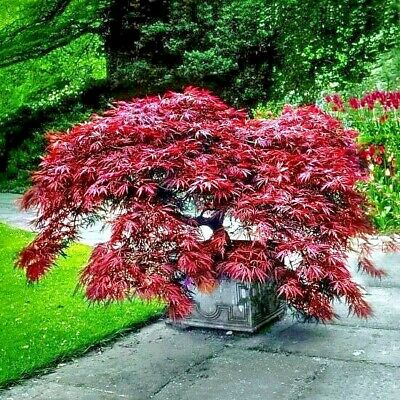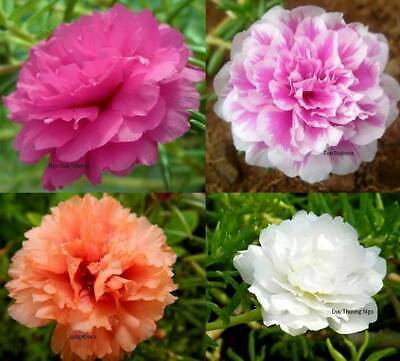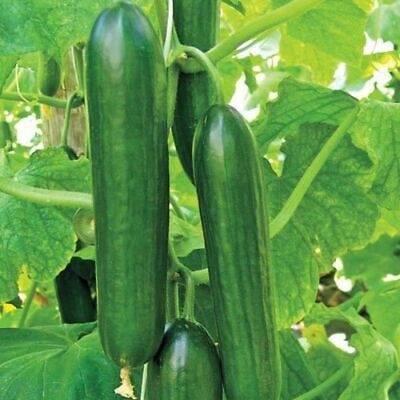-40%
5 DWARF Japanese Red Linear Leaf Maple Tree Seeds Acer Scolopendrifolium Bonsai
$ 4.19
- Description
- Size Guide
Description
5 Japanese DWARF Red Linear-Leaf Maple Tree Seeds or BonsaiAcer (palmatum Scolopendrifolium)
The Dwarf Species "Scolopendrifuolium" is a Very Rare & Most Impressive Japanese Maple featuring a Rich Display of Fine & Colorful Foliage. Dwarf Japanese Maple Trees Reach Mature Heights of as Little as 6' Feet Tall making it One of the Most Popular Varieties for Beautiful Accents to Patios, Walkways, & Any Kind of Landscaping to being a Perfect Species for Bonsai. The Dwarf Varieties are Cultivars Created from the Standard Japanese Maple Trees. These Compact Trees have Vibrant Foliage that Adds Color and Interest to the Landscape. Dwarf Varieties of Japanese Maples Take Well to Container Growing, Making them a Great Choice for Decks, Patios and Covered Porches. Japanese Maple Trees Grow in USDA Planting Zones 5 to 8. Dwarf Varieties of Japanese Maple Require Similar Care to Standard Japanese Maples.
Some Trees are 'engineered'. Some are discovered. Some are rediscovered.
Take the Dwarf Japanese Maple (Acer palmatum Scolopendrifuolium) for instance.
This is Not a New Tree...Not by Any Stretch of the Imagination. The First Mention of them in Japanese Literature is from the 7th Century. (That's Seventh, as in a Long, Long Time Ago.) They were First brought into Cultivation in Europe in 1820. (Also a Long, Long Time Ago.) So to Say that These Trees are becoming Trendy Now is Almost Laughable. But they are Enjoying a Fresh Resurgence and a Whole New Group of Admirers.
And what's not to Admire? Delicate Leaves, Beautiful Shapes, & Stunning Colors. They Provide an Instantly Refined Look in your Garden Bed or Patio Containers.
Do you need a Tree as a Focal Point? A Tree that will Accent your Entry or Will Bring Attention to a Special Feature of your House? Dwarf Japanese Maples will do the Job Like NO Other Tree Can. They Will Happily Live in a Container for their Entire Lives.
These Lovely Trees are Prized by Landscape Designers, and are Adaptable Ornamental Trees.
Dwarf Japanese Maples are an Easy and Satisfying Way to Hop on the Latest Trend of Smaller Trees...Even if it has Been a Couple Thousand Years in the Making!
Requirements:
Zones:
5 to 8
Growth:
Fast
Blooms:
May through June
Light: Full Sun to Partial Shade
Water:
Medium
Nutrients:
Medium to Low
Dwarf Maple Germination:
1)
Put the seeds in a heat-proof container and pour hot water over them. The water temperature should be no higher than 110 degrees Fahrenheit. Let the seeds cool as with the water and allow the maple seeds to soak for at least 24 hours or up to two days.
2)
Drain the water and place the seeds in a plastic bag filled with peat moss or vermiculite. Moisten the mixture with a small amount of water. Poke a few small holes in the bag to allow for air circulation.
3)
Put the bag of seeds in the refrigerator for approximately 90 days. This stratification process breaks down the seed coats and prepares them for germination. When you remove the seeds, you may see small roots growing from the tips, indicating that the seeds have begun to germinate.
4)
Fill 4-inch pots with potting mix and sow the seeds on the surface of the soil. Cover seeds with three-eighths inch of soil.
5)
Water the seeds until the soil feels moist. Let the soil dry out before watering again to prevent rotting.
6)
Watch for seedling emergence with one to two weeks. When seedlings emerge, provide light shade to prevent burning.
Will ship as soon as payment is received.
"BUY WITH CONFIDENCE!!!"
As Customer Service is our #1 Priority.
Thanks, SubCulture9
"Please Check out Our Other Items"
"If for any reason, you feel as if you cannot leave a 5~Star rating, Please let us know why, and we'll more than make things right. Thanks"




















